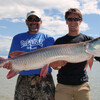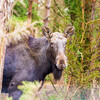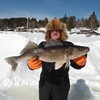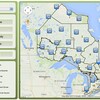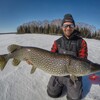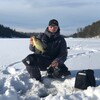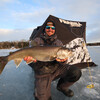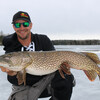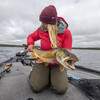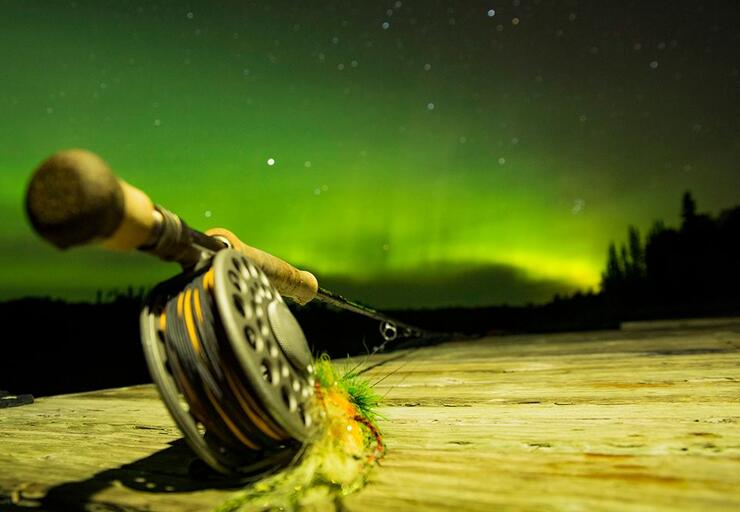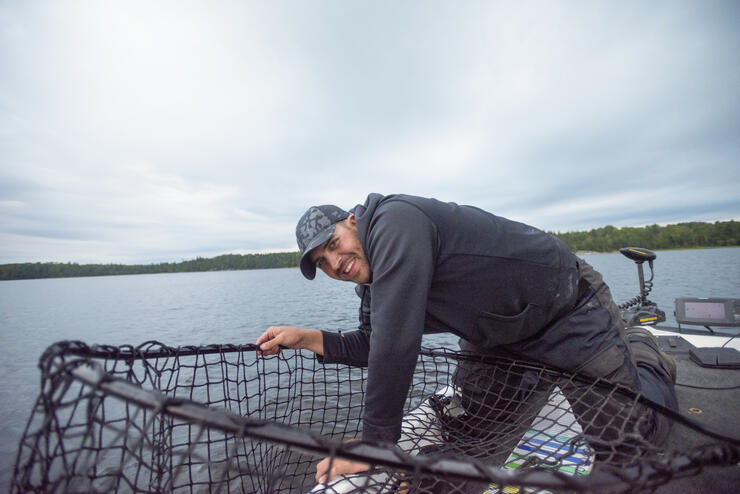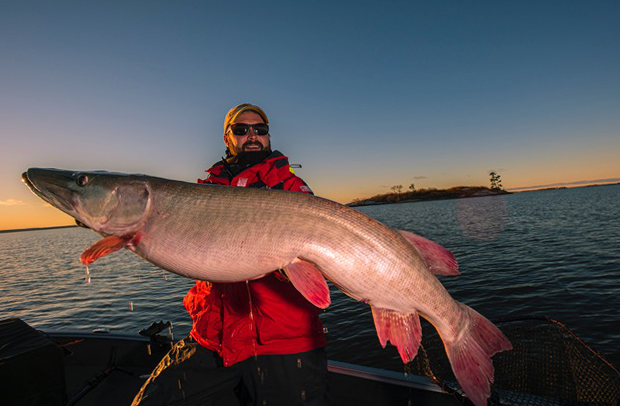
10 Ways to Lose a Muskie
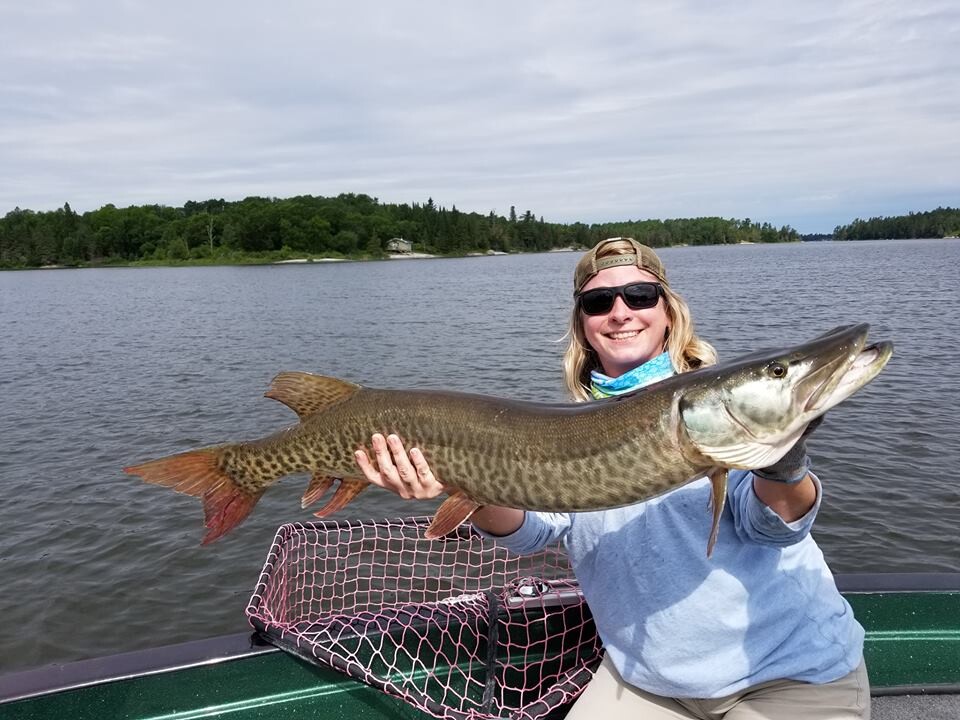
Muskies are positively the most frustrating freshwater species in Northern Ontario. There is no doubt in my mind that anglers have cursed their ill-faded experiences with muskies more than any other fish here. I would know, as I'm one of them.
Over my shamefully long muskie career, I've managed to miss, lose and (for lack of better words) be embarrassed by these fish too many times to count. I'm no muskie pro, but I sure know how to lose them. So if you'd like to improve your muskie game, perhaps do as I say, not as I do.
As an already difficult fish—most anglers believe stars have to align before you boat them—you don't want to up your chances of losing them. So here are some tips on what not to do to keep them on your line, and get them to the net.
1. Dull Hooks
If you already struggle with a poor hook set—you know who you are—dull hooks are only going to make your chances lower and lower. Although they don't have the hardest mouths in the fish kingdom, these fish are skilled at releasing themselves. Unless you have a beautiful hook set and flawless form, dull hooks will be the bane of your existence.
Before you throw on your tried and trusted bait on, give the hooks a quick file. Also, after you get snagged on a rock, log, Canadian Shield, or what have you, inspect your lure or flies' hooks to be sure they don't have any knicks or bends in them. If they do, get your file ready.
2. Poor Hook Set
First and foremost, hook sets are free. So don't waste them.
Secondly, here's a mental image of the perfect hook set: your rod and line should be pointed directly towards your bait. You should not be sideways to it, and the only time it should go off that line is when you're into your figure eight (we'll cover that soon).
Typically hitting the lure at an upwards angle, a straight up hook-set could tear the bait right out of their mouths. If you hook-set to the side, you have a much better chance of catching them in the ideal corner-of-the-mouth position while keeping your bait in their yaps.
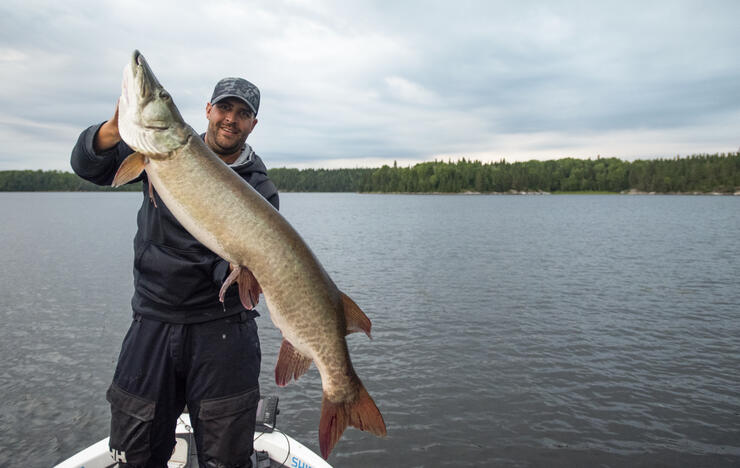
3. Not Perfecting Your Figure 8
This movement should become nothing more than muscle memory. Ideally, if you fish muskies one week, you should be habitually figure-eighting a week later when you're targetting bass.
Although there's no way to collect an accurate percentage of boat-side eats compared to out-from-the-boat eats, in my experience boat-side is very high.
A key error in figure-eighting––and I see this far too much even in those who should know better—is not to keep baits moving with the same movement in the figure eight as it had out from the boat moments before.
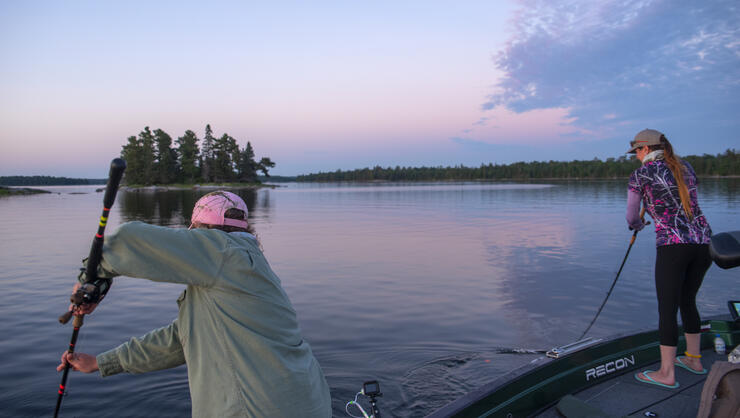
For example, if you're using a bucktail or spinner bait, those blades should be moving as fluidly in your figure eight as they were in your retrieve. This will require some effort on your part. Whether you need to step closer to the boat gunnel to give yourself more room to make a wide turn into a figure eight, or you need to extend your arms, this is an absolute must. Same goes for all baits, even for topwater.
Practice your figure eights before you start casting structure; once you start casting, make sure those figure eights become as much of your routine as your cast.
4. more time spent Backlashing than casting
Baitcasters are by far the easiest reels to use while throwing large muskie baits. They will improve your accuracy, somewhat save your hands and wrists from a lot of pain, and they'll make retrieves and landing fish easier too.
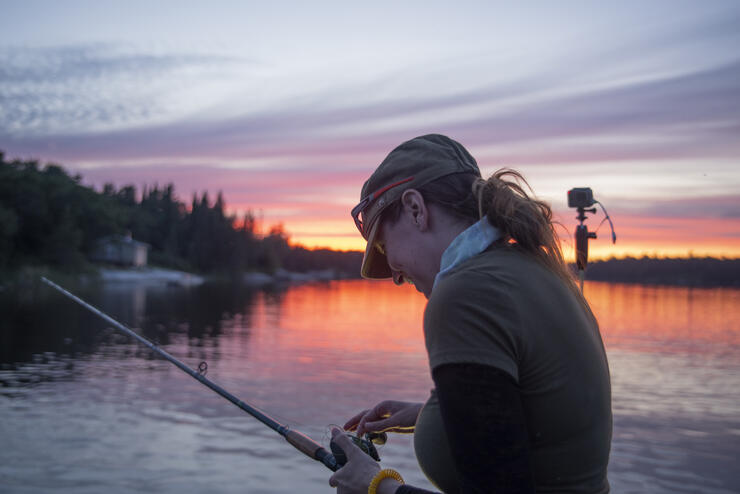
Make sure your friction control is set just right. If it's too loose, you'll backlash constantly, but if it's too tight your casts will lose distance. To check, release the bail while your thumb is lightly on the line and see how quickly your bait falls. It should drop slowly but fluidly. If it has too much resistance, loosen the friction control off. If it drops suddenly, it may need to be tightened.
These controls will change based on the weight of your bait. So if you switch up baits and find yourself backlashing, pay some extra attention to your friction control.
5. Not Listening to your Guide or Mentor
This goes for new anglers and experienced. If you're fishing with someone who knows the water better than you do, don't second-guess them.
6. Not Paying attention
Muskies are ambush predators, but they are also dwellers. They rarely take the most convenient time to strike for the angler, making them unpredictable and that much trickier. Your odds are already stacked against you; you really need to pay attention to everything.
Actively search for follows, keep an eye on your bait, and make sure your rod is always at a prime angle to hook set. Muskies are just as demanding mentally as they are physical—they require a lot more energy from the angler on all fronts.
7. Freezing on Follows
Never stop your bait. Never. Your boat mate or guide has every right to toss you overboard if this happens. Practice fluid figure eights so this doesn't happen to you. They'll stop your heart, but don't let them stop your bait.
8. Second-Guessing Yourself
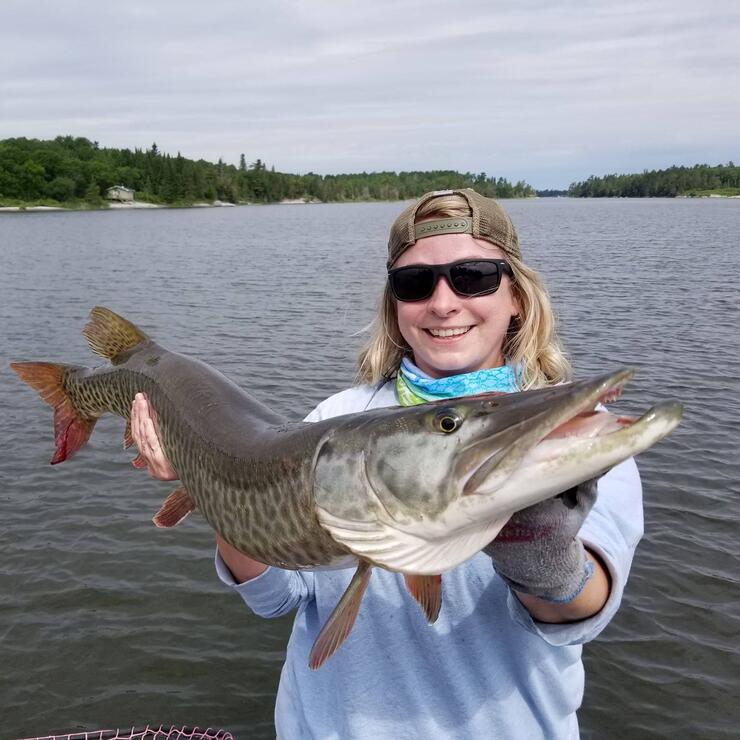
You need to have confidence in your decisions. I've found the more I follow my gut instinct with every targeted cast, or bait I've picked, the more fish I see.
9. Not Adjusting Drag after Fish is Hooked
This is especially crucial on fish that hit in the eight or close to the boat. Once you've set the hook, release your drag a very modest half crank so that fish has a chance to run without popping the hook immediately.
You'd think this would be easier while fly fishing, but you can also floss fish by having too much of a death grip on your line.
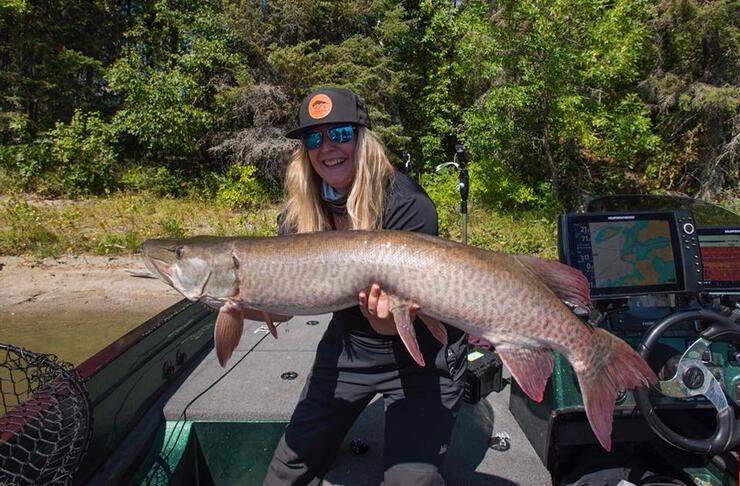
10. Getting in a Rut
This includes everything from using the same bait over and over again to reaching an all-time low in your thoughts. Never mind losing a fish—if you're this far down the rabbit hole, you won't even see one.
Keep yourself bright-eyed and bushy-tailed by switching up structures, trying new baits you barely ever use, and reminding yourself that the fish don't care how depressed you are.
Just keep casting at good-looking structure, heed the advice in this article, and it will all come together. After all, if I can make it happen, you can.
Recommended Articles
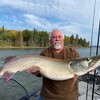
Is the 1,400 Kilometre Drive to Northwest Ontario For a Fishing Trip Worth it?
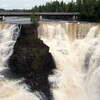
8 must-see waterfalls

6 Ways to Get Your 10,000 Steps This Fall
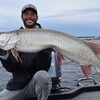
Top 5 Reasons You Should Be Fishing in Morson, Ontario
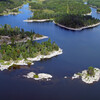
Discover The Winnipeg River
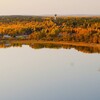
Enjoy Sunset Country's Fall Colours on Your Next Road Trip
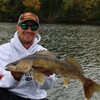
Fishing in the Fall?
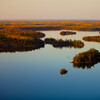
6 Reasons to Book a Fall Vacation to Sunset Country

10 Reasons to Avoid Ontario’s Sunset Country

Heading Across Canada?

A Guide to Sunset Country Museums

The Promised Land: Best Muskie Fishing in Ontario
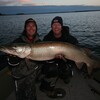
Fall Fishing Tips
5 Essential Boreal Experiences in Ontario's Sunset Country

5 Obscure Facts About Northwestern Ontario: Were You Aware of These?

Great Food in Relatively Unknown Places
Outdoor Medicine

A Guide to Bringing Your Pets on Vacation to Canada

There's more than just fishing in the Red Lake Region

5 Amazing Sights You Can Only See By Boat
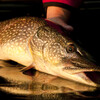
Going Fishing in Canada?
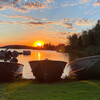
Going fishing in Ontario?
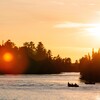
Outdoor Adventure in Ontario's Northern Paradise
Planning A Family Fishing Trip to Canada
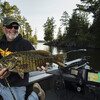
Tips from a Fishing Legend
